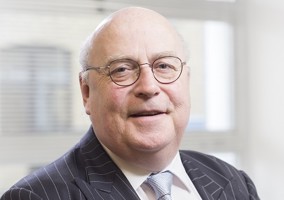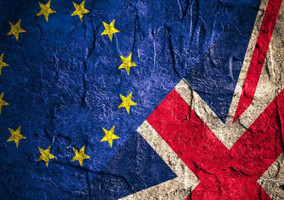Brexit means that charities need to expand their policy work beyond traditional areas to make sure they are not adversely impacted by changes to legislation, representatives from leading charities said yesterday.
During a panel discussion at NCVO about how the voluntary sector should respond to leaving the European Union policy leads at Cancer Research UK, RSPB, Independent Age and the Children’s Society discussed how their organisations are responding to new issues.
They also stressed the importance of the voluntary sector informing the debate and presenting evidence-based arguments for government.
‘Devoting energy to new policy areas’
Charities that collaborate across borders, as well as those that employ EU nationals, need to start considering the implications of changes to immigration rules.
Sarah Woolnough, executive director of policy at CRUK, said that her organisation knew that Brexit will impact its scientific community, which has meant it is getting more involved in EU policy areas.
She said: “That wasn’t core business for the CRUK policy department a year ago.”
Woolnough added that it is “frustrating” to divert resource to understanding EU issues and “we have to find space to keep campaigning on issues that people who give us money care about”.
Andrew Kaye, head of policy and campaigns at Independent Age, agreed that immigration issues were not previously part of his organisation’s focus but said it was important to “get stuck in” to discussions around the Great Repeal Bill and new immigration rules.
For example he said that his organisation was concerned that while there was currently a focus on making sure new rules did not discourage “high flying” people from being able to work in the UK it was important for social care organisations that UK was “still attractive to talent with compassionate and social care skills”.
Sam Royston, director of policy and research at the Children's Society, said that his organisation was also looking to become active in new policy areas.
He said it is “something of a challenge to understand what some of the changes will be”, but that the Children’s Society has identified a number of issues, such as the children whose parents are from the EU are “parasitic on their parents' right to remain”.
He also said that the wider economic environment was a concern and said that the most important thing for his charity was “to make sure that the voice of children and young people is heard [by politicians] because they did not get a vote”.
‘We mustn’t be shrill’
Leaders said it was important to present evidence-based arguments to government departments.
Woolnough said messages should be “considered, measured, well-evidenced”.
Kaye said campaigning shouldn’t come across as “shrill”.
He added that Independent Age was also conscious “not to set ourselves up against our beneficiaries” given that many older people voted to leave.
Martin Harper, conservation director at RSPB, said that his organisation had always taken an active interest in international issues as “birds don’t respect national boundaries” and that the need now was to “demonstrate that people care about the environment” to the government.
He said charities have to be “prepared to roll up our sleeves” and focus on “engaging hearts and minds so that they get stuck in there”.
Related articles












